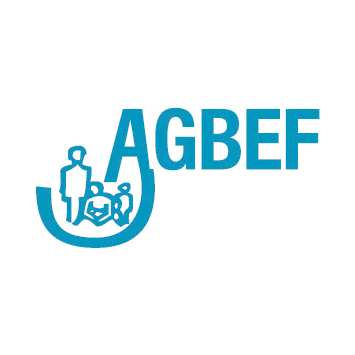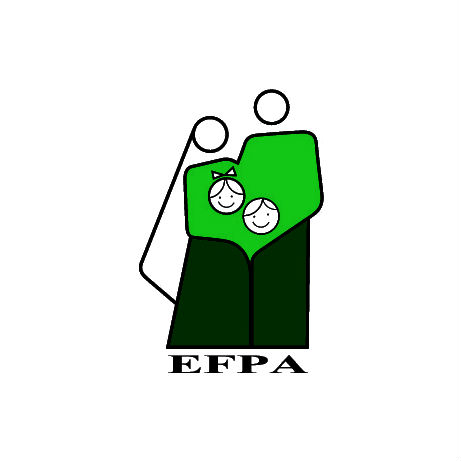

| 31 March 2016
Association Guinéenne pour le Bien-Etre Familial
Established in 1985, IPPF’s Member Association in Guinea-Conakry faces many stark sexual and reproductive health (SRH) challenges including some of the highest fertility and child mortality rates in the world, coupled with very low levels of contraceptive use. The Association Guinéenne pour le Bien-être Familial (AGBEF) has mounted a vigorous response to these challenges. Through its services points (static clinics, mobile clinics, associated clinics, community-based distributors (CBDs) and community-based services (CBSs) the organization reaches out to poor and marginalized groups with a particular emphasis on young women and men, and displaced persons and refugees. The Member Association’s services include disseminating information, education and communication around sexual and reproductive health (SRH); youth-friendly SRH services; prevention and management of sexually transmitted infections (STIs) and HIV and AIDS through interventions such as voluntary counselling and testing (VCT); improving access to contraceptives at community level; and advocating and mobilizing the public to demand their SRH rights. AGBEF’s team includes volunteers, peer educators and thousand of CBDs. Its youth action movement has a membership of over 100. The Member Association partners with government departments and large international NGOs to promote and develop its work.

| 31 March 2016
Egyptian Family Planning Association
Though there is still a long way to go with regard to the risk of maternal and child mortality, Egypt’s sexual and reproductive health (SRH) statistics are improving year on year and the Egyptian Family Planning Association (EFPA) has been at the heart of driving improvements. It has done so through service delivery (complementing government services) and a concerted programme of advocacy to high-level policy makers. EFPA is the Egyptian government’s primary partner in SRH, and it co-ordinates the delivery of family planning services by other voluntary organizations. Additionally, EFPA is a lead partner in the National Population Commission’s ongoing initiative to increase contraceptive prevalence across the country. A critical part of the organization’s work is the provision of information, education and communication (IEC) programmes for the general public, many of which (particularly amongst young people) are run on a peer-to-peer basis. Emergency intervention to prevent reported early marriage cases is a key priority. EFPA has a particular interest in the socio-economic aspects of family planning and promotes activity designed to enhance women’s capacity for income generation. In 1972, EFPA set up the Alexandria Training Centre for family planning professionals, which it continues to run. Thanks to the EFPA, demand for SHR services by young people has increased, as has male condom use. EPFA successfully advocated for the issuance of 2 landmark legal codes criminalizing female genital mutilation (FGM), and raising the legal age of marriage. EFPA is a strong, well-established, transparent and competent association. It is known for its capacity to implement quality projects. EFPA enjoys the trust and confidence of many partners and donor agencies. These include, but are not limited to, UNFPA, UNIFEM, FHI, CEOSS, Y-PEER, the Regional Training Centre, the National Population Council, and the National Council for Child and Mother. Contacts Facebook: https://www.facebook.com/EFPA.eg Twitter: https://twitter.com/efpa_







